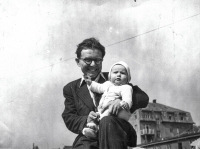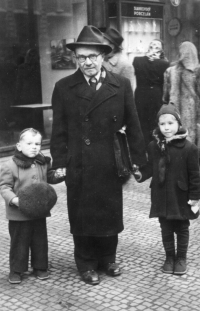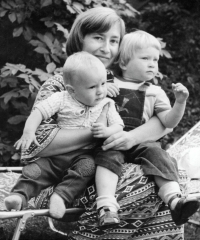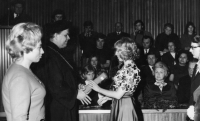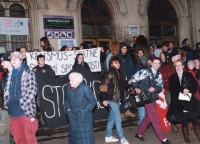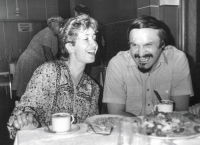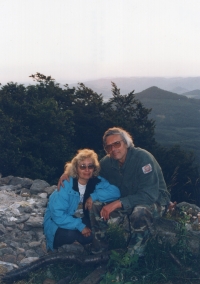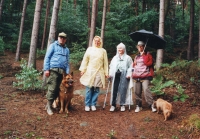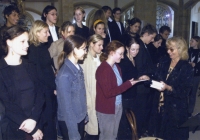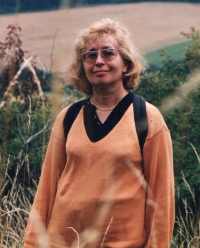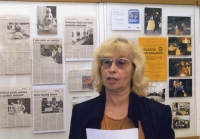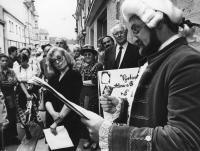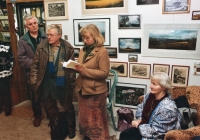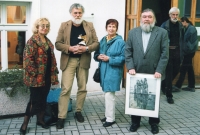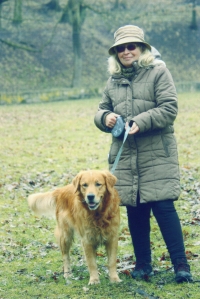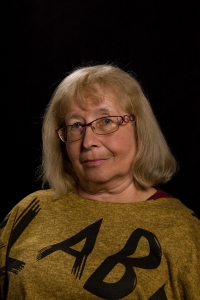The forests around Teplice reminded me of a dying horse
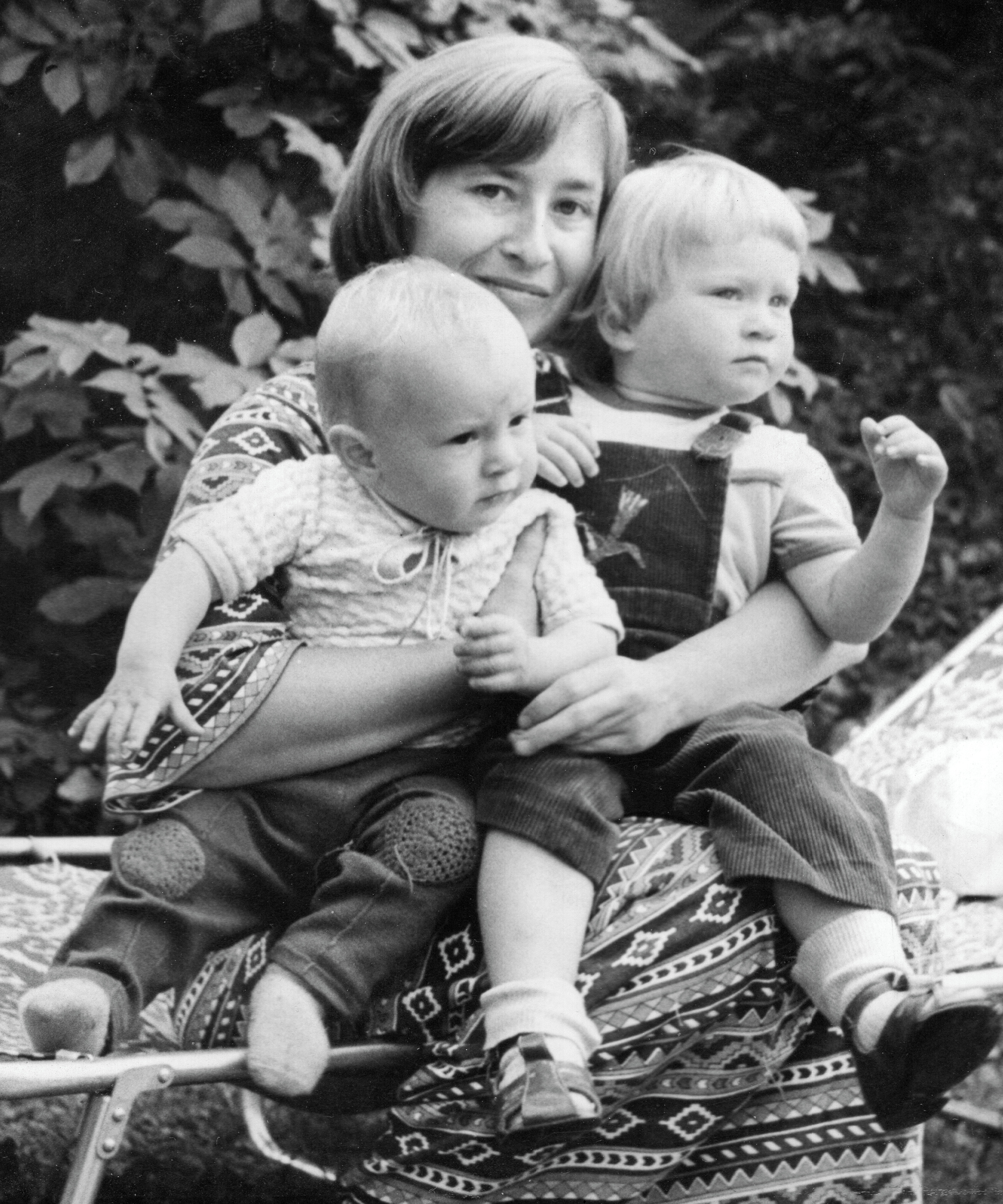
Download image
Věra Bartošková was born on 27 September 1946 in Prague. Her father Julius Bartošek alias Ilja Bart was a deeply left-wing oriented poet and translator. Her mother Věra Bartošková, née Kalašová, was a housewife. Witness spent her childhood in Prague’s Smíchov district, where she attended primary and secondary school. In 1968 she was admitted to the Faculty of Social Sciences and Journalism at Charles University. In 1973, two years younger brother Ilja succumbed to a serious illness, and subsequently also her father died. In Duchcov she met her future husband Pavel Koukal, who was working at the Heritage Institute, and married him in 1975. They have two children together. After her maternity leave, she started working as a manager at the culture centre in Duchcov. She left her job a year later and became a journalist. She was interested in culture and ecology. In 1986, she managed to convince the communist authorities to organize a festival of films with ecological themes. The festival sparked ecological demonstrations in Teplice in 1989. After the Velvet Revolution she was at the very beginning of many ecological activities and at the rescue of monuments such as the Jezeří Castle. She has been constantly involved in ecology and writing poetry, and has published several collections of poems. In 2022 she was living in Duchcov.
